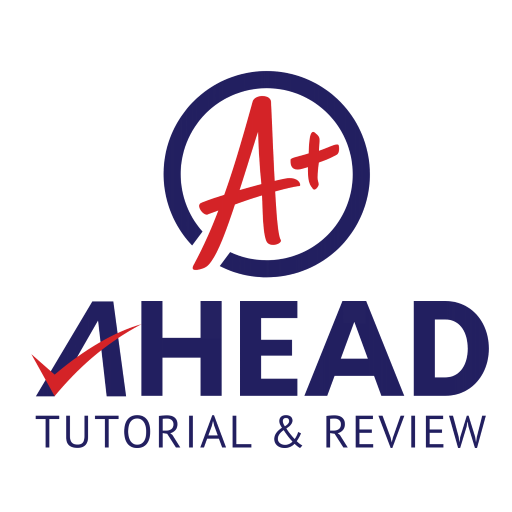 The success story of the country’s top tutorial and review center runs parallel to opportunities in SME development and women in entrepreneurship
The success story of the country’s top tutorial and review center runs parallel to opportunities in SME development and women in entrepreneurship
“When I became an entrepreneur, it never occurred to me that my being a woman would have an effect on my business. I continue to think of myself as just any person who desires to make a difference in other people’s lives, most especially young people’s lives. When I started AHEAD, all I wanted was to help other people be the best they could be through quality education.”
This, according to AHEAD Learning Systems, Inc. president Rossana L. Llenado, is how the phenomenal growth story of AHEAD started. Speaking at the 28th Confederation of Asia-Pacific Chambers of Commerce and Industry (CACCI) Conference held recently in Kuala Lumpur, Malaysia, Llenado shared AHEAD’s humble beginnings and its journey to overcoming challenges and turning dreams into reality. “The story of AHEAD is about SME development and women entrepreneurship. It is about growth. It is about innovation,” Llenado adds.
Llenado shares surprising numbers on SMEs in the Philippines. In 2012, according to the Department of Trade and Industry (DTI), micro enterprises made up 89.40 percent of businesses in the country, with SMEs making up 10.17 percent, and large enterprises only 0.42 percent. However, despite its significant contribution to the economy, SMEs continue to experience challenges such as limited access to funding, skilled employees, and programs that prepare entrepreneurs for success.
There is a bit of good news, though, that shows we are making headway in achieving the kind of entrepreneurship that is inclusive and progressive. In 2010, DTI data showed that more than half of newly registered businesses were owned by women. “In the Philippines, you see female business owners and managers everywhere. Success stories of women entrepreneurs abound,” adds Llenado.
Being a woman in business, Llenado considers herself fortunate to have been able to handle the challenges that came her way. “Or maybe it’s just not in my nature to focus on, much less be hindered by, these challenges,” she says.
Llenado was 26 years old when she started AHEAD in a small office, with three people in her staff. “Having been a full scholar of the University of the Philippines myself during college, I endeavored to help other people achieve their dream of entering the best universities and someday making a name for themselves,” says Llenado.
Seeing the increased competition for limited slots in the country’s major universities, Llenado found a business opportunity in helping parents and children prepare for their college admission tests. After only three years in operation, AHEAD surged to the top spot in the tutorial and review industry. Today, AHEAD has 11 tutorial and review centers, including franchises, with nearly 20 years of experience to its name.
Llenado credits the growth of AHEAD to a single factor: innovation. “For so long, tutorial and review services in the Philippines were seen as offerings for those who were behind in their academics. We changed that. We offered our services not as a means to catch up, but as a means to get ahead. Our services were there for those who wanted to achieve more.”
Innovation at AHEAD continues today, with organizational strategies that have turned its divisions into almost independent units operating under the principle of “intrapreneurship.” Managers are responsible for their respective units, empowered with decision-making capabilities in recruitment, hiring, training, and promotion.
The year 2014 is an exciting time as Llenado sees promise in the current changes that the Philippine education system is undergoing. For one, the K to 12 program, seen to reduce the number of students who will take the college entrance test review classes in the next two years, is boosting the expansion of AHEAD into other programs that cater to adult learners and professionals.
For a woman entrepreneur running an organization with an all-female team of managers, Llenado hopes for others like her to have better access to financing, support from government agencies, and training programs at their disposal. It is also important for entrepreneurs to prepare for ASEAN integration, wherein proficient communication is a key factor.
Overcoming these challenges is not going to be easy, and there are no instant and magical solutions. But Llenado, who has faced many obstacles in the past, says, “I can only hope for the best.”
